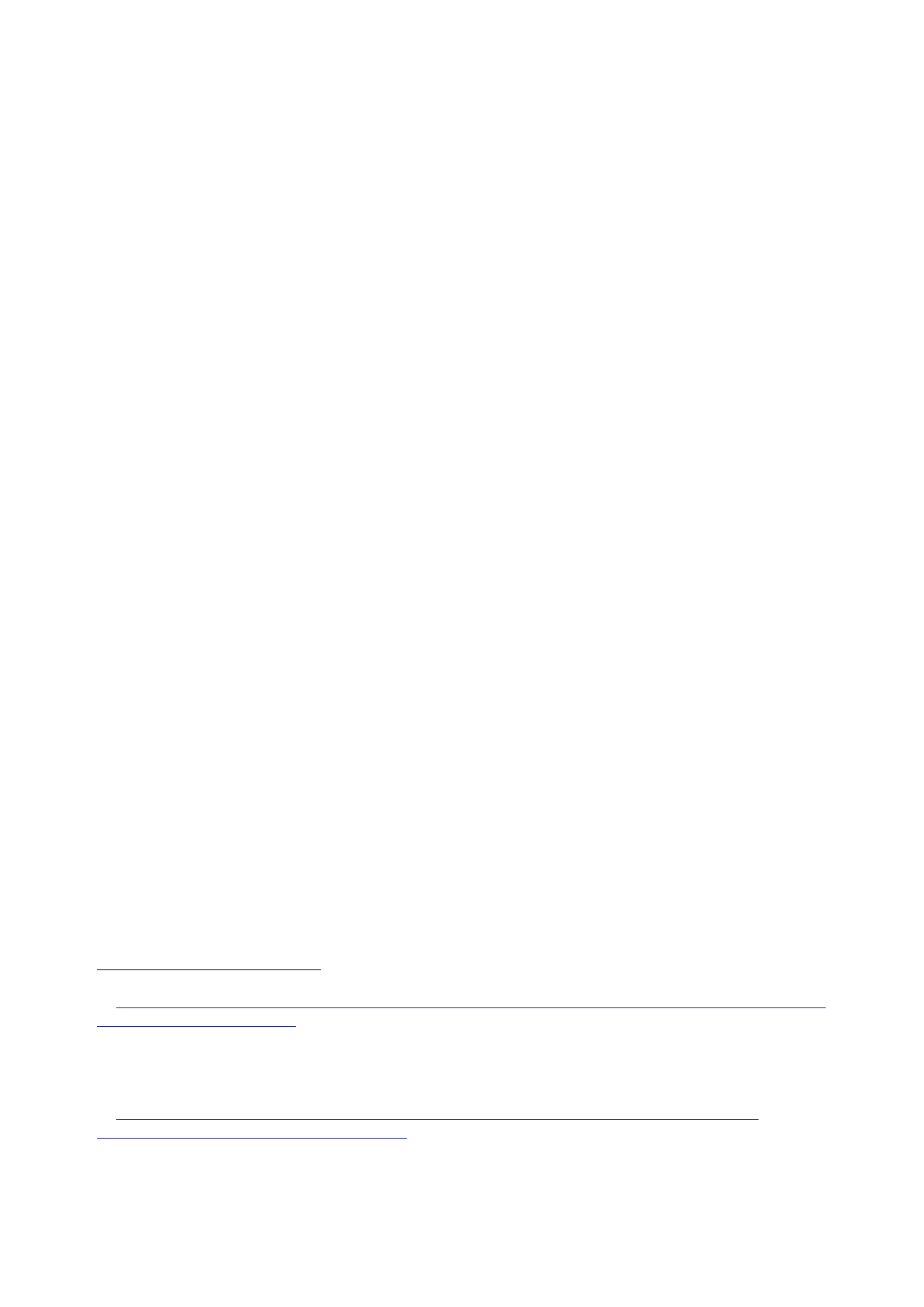
The Report
of the Iraq Inquiry
937.
The first
draft of the FCO report had been produced in March 2002, in
response
to a
request from Mr Blair for information on Saddam Hussein’s record of
human rights
abuses, for
publication alongside a paper on WMD.452
938.
The
development of a communications strategy on Iraq and the
preparation of the
Iraq
dossier, which incorporated some material on human rights abuses,
are addressed
in Section
4.2.
939.
The FCO report
published on 2 December was “based on the testimony of
Iraqi
exiles,
evidence gathered by UN rapporteurs and human rights organisations,
and
intelligence
material”.453
It examined
“Iraq’s record on torture, the treatment of women,
prison
conditions, arbitrary and summary killings, the persecution of the
Kurds and the
Shia, the
harassment of opposition figures outside Iraq and the occupation of
Kuwait”.
940.
Mr Straw
explained to the BBC
that the
report was being published “because it is
important
that people understand the comprehensive evil that is Saddam
Hussein”.454
941.
The report was
criticised by some as an attempt to influence public opinion
in
942.
On 11
December, in response to a request in October for more work on
the
criminal
prosecution of Saddam Hussein and his inner circle, the FCO sent
No.10
a paper
on a possible international criminal tribunal for
Iraq.456
943.
The covering
letter explained that, as requested, the question of a tribunal
was
being
factored into Whitehall work on the future of Iraq. Officials had
discussed the issue
at the
Washington talks on 6 November and consulted the State Department’s
War
Crimes
Office. The US did not appear to favour an international tribunal
for Iraq along
the lines
of the International Criminal Tribunal for the former Yugoslavia
(ICTY) and was
giving
close consideration to the Sierra Leone Special Court
model.457
944.
On the
question of whether to circulate information about potential
indictees in
order to
encourage them to break with Saddam Hussein, the FCO advised that
there
were
various lists of possible targets in existence, including a list of
27 published by
the Iraqi
National Congress and a secret list produced by the US containing
about
40 names,
but that it would be inappropriate for a government to issue a list
as it would
pre-empt
the role of the eventual prosecutor. It might also encourage those
on the list to
452
Minute
McKane to Rycroft, 27 March 2002, ‘Saddam’s record of human rights
abuses’ attaching Paper,
‘Iraqi
Human Rights Abuses’.
453
Foreign and
Commonwealth Office London, Saddam
Hussein: crimes and human rights abuses,
November
2002.
454
BBC
News, 2
December 2002, UK unveils
‘torture’ dossier.
455
The
Guardian, 3
December 2002, Anger over
Straw’s dossier on Iraqi human rights.
456
Letter
McDonald to Rycroft, 11 December 2002, ‘ICTY-Type Tribunal for
Iraq’ attaching Paper
[unattributed
and undated], ‘Tribunal for Iraq’.
457
The Sierra
Leone Special Court (SLSC) is a special tribunal of domestic and
international judges which
exists
outside the Sierra Leone criminal justice system. The SLSC
prosecutes only those responsible for
the most
serious crimes.
270
